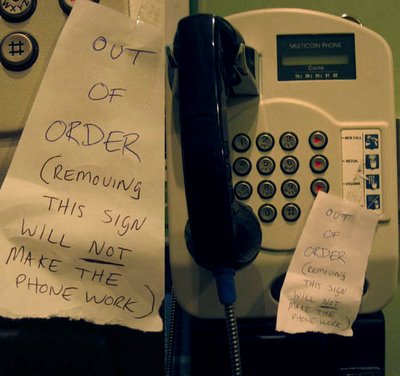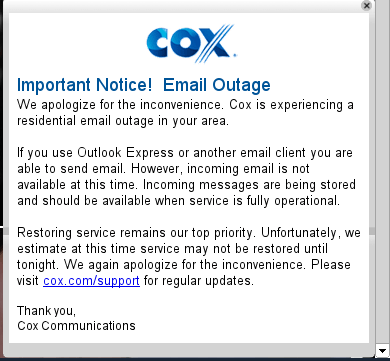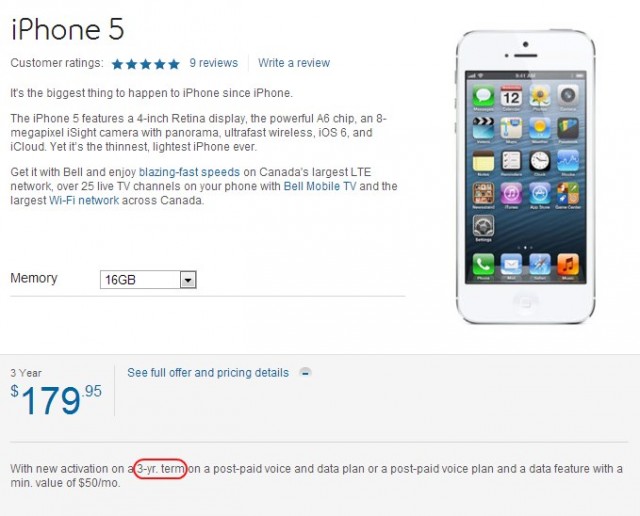 New York City Mayor Michael Bloomberg has called Verizon’s notification that phone service in lower Manhattan will not be back to normal until late next spring “unacceptable.”
New York City Mayor Michael Bloomberg has called Verizon’s notification that phone service in lower Manhattan will not be back to normal until late next spring “unacceptable.”
Hurricane Sandy’s storm surge ruined at least 95 percent of Verizon Communications’ landline network in the lower half of Manhattan leaving numerous businesses without phone service with little hope service will be restored this year.
“Their schedule right now says that lower Manhattan is not going to be back up until May,” Bloomberg said in a recent speech.
The mayor is upset with Verizon’s timetable because a number of major buildings in the area cannot be reoccupied by business tenants until telephone service is restored, and Verizon is facing questions about why it will take a half-year to get phone service back up and running to everyone that wants it.
When local cable news channel NY1 asked Verizon how many customers were still without service, a spokesman told the reporter it did not know, adding some customers have priorities more pressing than phone service.
Verizon has chosen not to replace much of the damaged copper infrastructure and plans to invest in more reliable fiber optics in its ongoing effort to meet its FiOS rollout obligations in New York City, but that does not satisfy many business owners who cannot process credit card transactions or, in some cases, run their businesses as long as phone lines remain out of service.
This week a coalition of interest groups petitioned New York’s Public Service Commission asking them to impose new requirements on the state’s utility companies to develop comprehensive emergency response plans that acknowledge climate change and the extreme weather events that accompany it.
The petition was filed by the Columbia Law School Center for Climate Change Law, Natural Resources Defense Council, New York League of Conservation Voters, Pace Energy and Climate Law Center of Pace Law School, Municipal Art Society of New York, Earthjustice, Environmental Advocates of New York, and Riverkeeper.
The petition notes in the past two years alone, New York City has been hit by two of the largest hurricanes in history (Irene and Sandy).
The group’s observations are shared by some of the state’s highest elected officials.
“In just 14 months, two hurricanes have forced [New York City] to evacuate neighborhoods — something our city government had never done before,” New York City Mayor Bloomberg wrote in an editorial for Bloomberg View. “If this is a trend, it is simply not sustainable.”
New York Governor Andrew Cuomo echoed Bloomberg’s concerns:
Extreme weather is a reality. It is a reality that we are vulnerable. And if we’re going to do our job as elected officials, we’re going to need to think about how to redesign, or as we go forward, make the modifications necessary so we don’t incur this type of damage…. For us to sit here today and say this is a once-in-a-generation and it’s not going to happen again, I think would be short-sighted…. I think we need to anticipate more of these extreme weather type situations in the future and we have to take that into consideration in reforming, modifying, our infrastructure.
 The coalition claims current utility policies are designed for short-term disaster response procedures, which they call inadequate.
The coalition claims current utility policies are designed for short-term disaster response procedures, which they call inadequate.
Most utility companies develop plans based on historic weather patterns the environmental groups argue cannot take into account the more extreme weather patterns afflicting the state. The PSC can mandate utilities do more.
New York’s utility infrastructure is also deemed outdated, with much of it exposed above-ground, vulnerable to storm damage. The state also lacks more advanced technology including smart electricity grids, telecommunications fiber rings that can reroute around cable cuts, and reinforcement of vulnerably placed generator plants, telephone switches, and utility substations.
Despite the criticism, Verizon CEO Lowell McAdam remained upbeat about Verizon’s performance, particularly noting strong growth in wireless.
In the third quarter when Sandy struck, Verizon picked up 1.54 million more contract customers, exceeding the 901,000 estimate predicted by analysts polled by Bloomberg News. The wireless profit margin at Verizon also reached a new milestone – 50 percent, up from 49 percent in the second quarter.
[flv width=”534″ height=”320″]http://www.phillipdampier.com/video/NY1 Bloomberg Criticizes Verizon For Slow Recovery Of Service 12-6-12.mp4[/flv]
NY1 reports business customers in lower Manhattan are not too pleased waiting for Verizon to repair their landlines. (2 minutes)
[flv width=”640″ height=”380″]http://www.phillipdampier.com/video/Verizon Restoration of Verizon’s Lower Manhattan Cable Vault 11-12.flv[/flv]
Verizon produced this video showing off its own restoration efforts in a downtown Manhattan cable vault. (3 minutes)


 Subscribe
Subscribe






